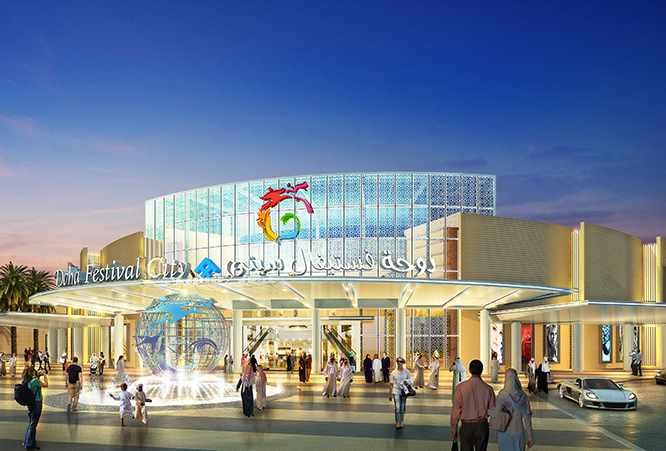
The need for accurate language services at Qatar’s healthcare facilities has never been greater. Fortunately, HBKU’s TII has helped the country’s interpreters and translators adapt to the linguistic and cultural challenges posed by COVID-19, says Mazen Alfarhan a reviser and trainer at Translation and Interpreting Institute (TII), which forms part of the College of Humanities and Social Sciences (CHSS) at Hamad Bin Khalifa University (HBKU).
According to him, while doctors, nurses and other healthcare professionals are on the frontline of efforts to tackle COVID-19, they are being ably supported by a cast of thousands who are experts in their own fields.
These include interpreters and translators, two professions whose importance to the smooth running of Qatar’s public services predates current challenges. However, thanks to training provided by the Translating and Interpreting Institute (TII) at HBKU, they have seamlessly fitted into the country’s strategies for keeping residents safe, healthy and informed.
In some respects, it very much remains business as usual for language professionals working in Qatar’s healthcare sector. Despite the challenges posed by COVID-19, residents continue to experience and suffer from other ailments for which a full range of interpreting and translation services are required. Accordingly, the need for accurate language services at Hamad Medical Corporation (HMC) and other key locations remains unabated.
That said, COVID-19 has nevertheless prompted adjustments to workloads. Conveying information between medical staff, patients and individuals in quarantine has undoubtedly increased in intensity, most notably when it comes to treatment and prevention. Many of Qatar’s interpreters and translators are also likely to be engaged in more public-facing activities, including the development of materials that raise awareness of COVID-19 among the wider population. Given the country’s vast expat community, this activity requires professionals with knowledge of common languages and cultural norms on each continent. In this respect, TII was recently requested by the Ministry of Foreign Affairs (MOFA) to interpret and translate key updates on COVID-19 into Bengali, Hindi, Nepali, Sinhalese and Urdu.
The need for live interpreting and translating at this time is also great, with the Supreme Committee for Crisis Management and the Ministry of Public Health (MOPH) providing daily updates and press conferences.
More on News & Updates






Leave A Comment
You must be logged in to post a comment.